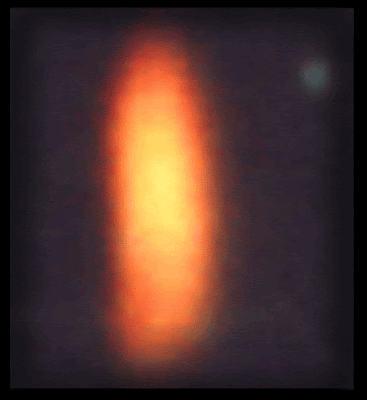
Shame....!! Shame....!!
What do you want to be?
A follower or a Leader?
Slaves of the west! question yourself: | Indian lions! spread this message: | |
| Day-change | How does the change of day occur at 12'o clock midnight, without any change in the external atmosphere? Why do we still blindly follow the calendar of the Britishers? | Day-change occurs with sunrise, which is marked by a change from darkness to light, from night to dawn.. an ushering in of a new day. (Quite evident to even a toddler) |
Year-Change | There is no way to differentiate between Dec 31st and Jan 1st in terms of nature, atmosphere, the movement of the Earth, or the position of planets, but the blind and slavish followers of the west believe that year-change occurs at midnight of Dec 31st. | On Ugadi or Gudi Padva we observe a Natural Change in the atmosphere with the growth of new leaves on trees and a refreshing energy in the atmosphere, and also a change in planetary positions. Indians believe this as the New Year because of it's clear natural, atmospheric and planetary significance. |
Calendar | In a gregorian calendar we only see the month, the date and the day. There is no defined plan for each day with details of sunrise, sunset and moon position.
| The Indian calender popularly known as PANCHANGA tells the time of sunrise, sunset, the movement of the moon, and also recommends an indicative planning for each day according to variations in nature.
|
3 comments:
You are really great, sir... :P
Dear Dr. Sharma,
I am all with you on the might of our vedic system. However, a few questions since you have spoken on a national context ("Rashtriya").
1. Similar to Ugadi or Gudi Padva, the Tamils have their own new year and may be other regions have their own. Which one presents a palpable change that seems to welcome a new year in the best possible way ? Would we not run into conflicts on which one should we ultimately choose if at all we first arrive at a consensus to spurn the current western calendar?
2. Suppose we reject the idea of 12:00 AM as the heralding of a new day and follow Sunrise rather, the Indian calendar, the panchanga, which follows the Moon, the thithis, also cannot demarcate clearly one day from the other...as the thithis, as such, spill over to any time of the day. That is, I am trying to say that we do not have a system where for example, the ekadasi exactly ends with the sunrise and the dvadasi beginning with the sunrise and so on with other moon markers. So where is the help here too ?
Sir
Due to Western like education system.todays generation (20-55) don,t know importance yugadi etc,
We should Change edu system
.
Post a Comment